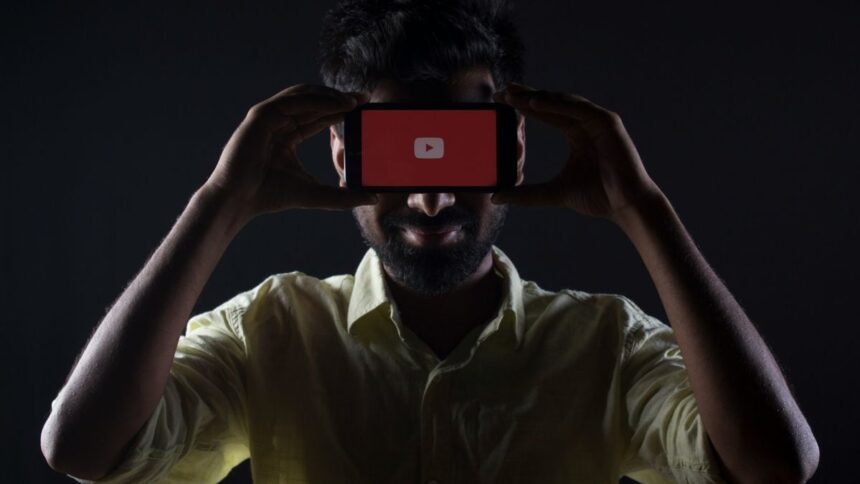YouTube is developing new tools to protect artists and creators from unauthorized use of their images or voices in AI-generated content. These technologies are designed to detect and manage deepfakes or AI-generated voice imitations.
YouTube plans to test these features in 2024 to safeguard creators’ content and ensure proper management of AI-generated media on the platform.
New protections against deepfakes
A sophisticated synthetic vocal identification tool is at the forefront of YouTube’s initiative. This technology will be integrated into the platform’s existing Content ID system, which has long been used to detect copyright infringements. The expanded system will enable artists to identify videos that use AI-generated versions of their voices without permission.
According to YouTube, this technology will begin testing with selected partners early next year.
In addition to voice protection, YouTube is developing a tool to detect facial deepfakes. This technology aims to identify instances where the faces of creators, actors, musicians, or athletes are used in videos without authorization. While still in development, this tool represents YouTube’s commitment to comprehensive creator protection in the age of AI.
The company has not yet announced a specific launch date for the facial deepfake detection feature, indicating that it is still in the early stages of development.
Last November, YouTube had already committed to providing a means for music labels to remove unauthorized AI-generated copies of singers.
YouTube against content scraping
YouTube is also taking steps to block the unauthorized use of its videos for training AI systems, like those from OpenAI and Apple. The company is investing in technologies to detect and prevent content scraping, which violates its Terms of Service.
YouTube emphasizes that unauthorized access undermines the value creators provide. Additionally, YouTube plans to give creators more control over how third-party AI systems use their content, with further details to be shared later this year.











